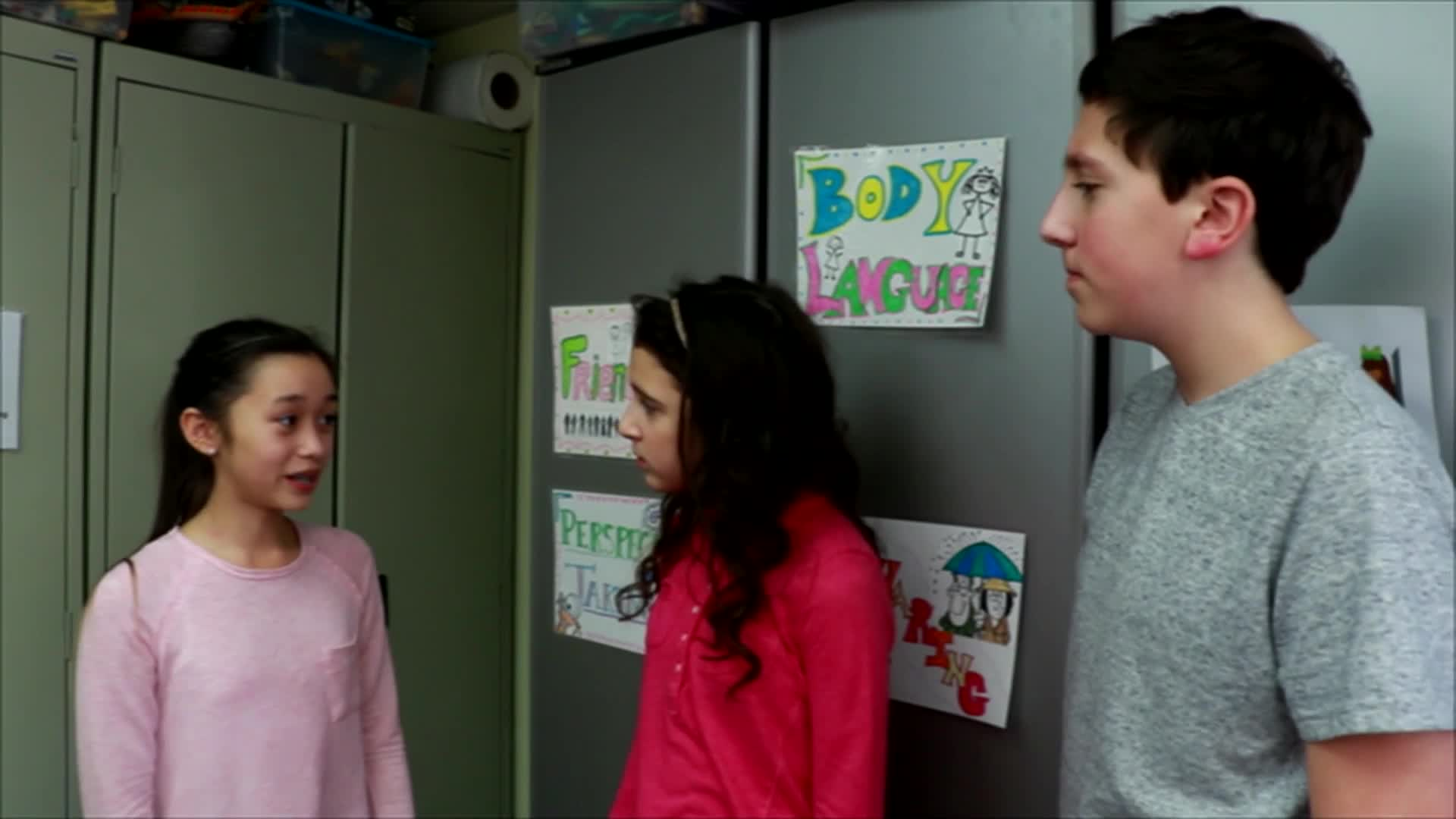Introduction
In a world where effective communication is crucial, it’s essential for students to learn the appropriate ways to interact in social situations. One important skill for them to grasp is the art of politely interrupting a conversation. Students should understand when it’s necessary to interrupt, how to do so with respect, and the importance of apologizing for the interruption. In this blog post, we’ll discuss a no-prep activity to help teach this skill, provide discussion questions to stimulate further conversations, and mention other related skills for students to develop.
No-Prep Activity
The following activity, “Polite Interruption Role-Play,” requires no preparation or materials from the educator and can be implemented in the classroom within minutes.
- Divide the students into small groups of 3-4.
- Have each group come up with a simple conversation topic that they will engage in. This can be anything from discussing their favorite hobbies to talking about a recent school event.
- Assign one student in each group the role of the “interrupter.” Their task is to find an appropriate moment to interrupt the conversation and ask for help with a relevant issue or to share important information.
- Before the role-play begins, remind the “interrupter” to use appropriate body language, such as standing close to the group and making eye contact. They should also use polite phrases like “sorry to interrupt” or “excuse me” before stating their reason for interrupting.
- Allow the groups to engage in their conversations while the “interrupter” practices the skill of polite interruption.
- After the role-play, facilitate a discussion with the class about their experiences and what they learned from the activity.
Discussion Questions
To stimulate further discussions on the topic of polite interruption, consider using the following questions:
- Why is it important to learn how to politely interrupt a conversation?
- Can you share an example of a situation where you needed to interrupt someone? How did you handle it?
- How do you feel when someone interrupts you without being polite? How can this be avoided?
- What are some other phrases or strategies you can use to interrupt a conversation respectfully?
- How can we apply the skill of polite interruption in different social settings, such as school, work, or with friends and family?
Related Skills
In addition to learning the art of polite interruption, students should develop other relevant social-emotional skills, such as:
- Active listening
- Empathy and understanding
- Assertive communication
- Conflict resolution
- Nonverbal communication
Next Steps
Teaching students the art of polite interruption is just one step in helping them develop effective communication skills. To access more resources and sample materials for teaching other social-emotional skills, we encourage you to sign up for free samples at Everyday Speech. By providing students with the tools they need to navigate social situations with confidence, we can help them build strong relationships and achieve success in both their personal and academic lives.






